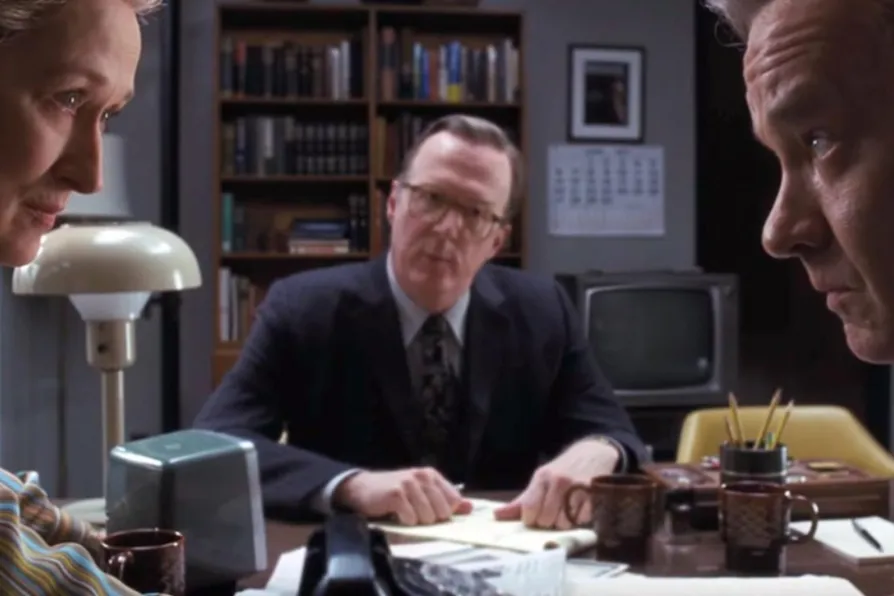New releases from The Orb, Meredith Monk, and Marconi Union
Urgent message in The Post
MARIA DUARTE recommends a resonant film on how the US government attempted to gag the press during the Vietnam war


The Post (12A)
Directed by Steven Spielberg
A MASSIVE cover-up of US government secrets. The president trying to discredit and gag the press. Women battling for equality.
The Trump administration, 2018? No, The Post is set in 1971, when President Nixon attempted to stop the publication of the controversial Pentagon Papers.
The top-secret 7,000-page report outlined how successive US governments over three decades and four presidents knew they could never win the Vietnam war. They lied to the US people and said the contrary.
Similar stories

ANDY HEDGECOCK and MARIA DUARTE review The Ceremony, Eddington, The Life of Chuck, and The Thursday Murder Club

MARIA DUARTE recommends the very human portrayal of Anna Politkovskaya, a journalist in Putin’s Russia

The Star's critic MARIA DUARTE reviews September 5, The Fire Inside, Bring Them Down, and Love Hurts

The Star's critic MARIA DUARTE is enthralled by a complex thriller, but advises caution in accepting its depiction of reality










